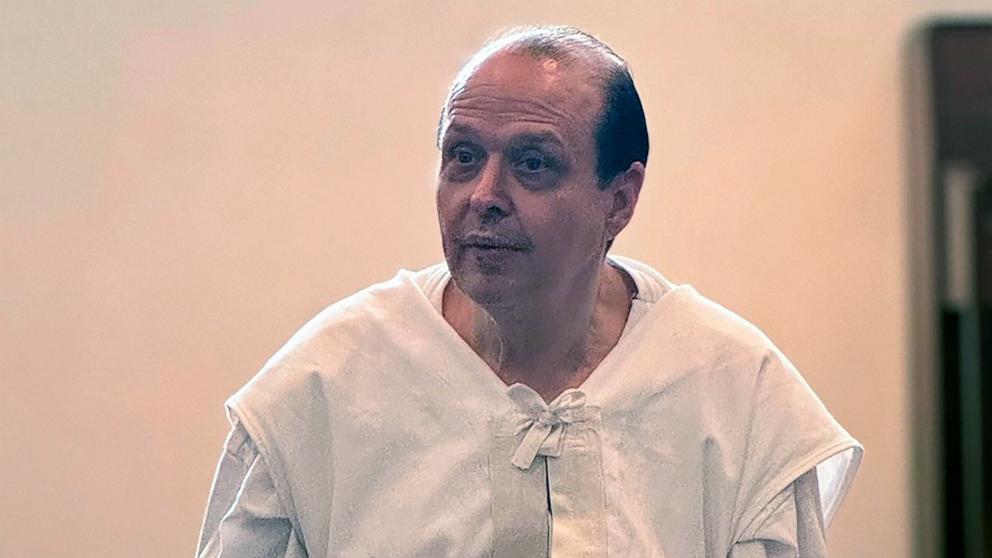Robert Roberson's execution can resume, Texas Supreme Court declares

The execution of Robert Roberson -- whose "shaken baby syndrome" murder conviction in the death of his 2-year-old daughter has come under scrutiny -- can resume, according to a Texas Supreme Court decision Friday.
Roberson was set to become the first person in the U.S. executed for a shaken baby syndrome diagnosis murder conviction on Oct. 17 before the court intervened and a state House committee issued a subpoena for Roberson to testify, halting the execution amid legal battles over his fate.
Roberson's execution warrant was only valid through Oct. 17.
Roberson was found guilty of the 2002 murder of his 2-year-old daughter, Nikki, in part based on the testimony of a pediatrician who described swelling and hemorrhages in her brain to support a shaken baby syndrome diagnosis.
However, Roberson's legal team argued that newer evidence found that Nikki had pneumonia and had been prescribed respiratory-suppressing drugs by doctors in the days leading up to her death, leading to a case of severe viral and bacterial pneumonia that progressed to sepsis and then septic shock.
Roberson has long proclaimed his innocence. His fight for clemency has been backed by several state lawmakers, medical and scientific experts, and criminal justice advocates who have questioned the legitimacy of the use of the shaken baby syndrome diagnosis in his case, based on newer scientific evidence.
Texas Attorney General Ken Paxton and other state officials have argued that "Roberson was lawfully sentenced to death" and that he has "exhausted every legally available appellate avenue."
Paxton also argued that the jury did not convict Roberson solely based on shaken baby syndrome, though Roberson's attorneys said that "shaken baby" was referred to by prosecutors and witnesses throughout the jury trial.







